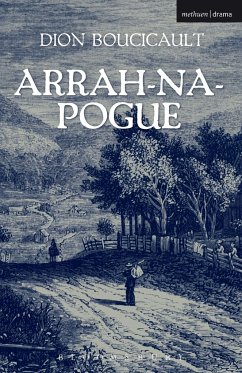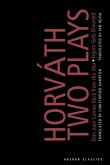Written in 1864 and set during the Irish rebellion of 1798, Arrah na Pogue is is an entertaining tale of romance and misadventure with rascally rebels, despicable villains and love struck youths. As night falls on the Wicklow mountains, the popular but incorrigible rebel Beamish MacCaul is lying in wait. He's out to ambush the cowardly rent-collector Michael Feeny and relieve him of a 'big lump of money.' That done, he's off to marry Fanny Power. Down in the valley, love is in the air for Shaun the Post and our heroine Arrah Meelish too. But Arrah has a secret. And Michael Feeny's found out. As Shaun and Arrah celebrate their wedding, revenge comes a-calling. Love must conquer all - including the hangman's noose. The play is full of Boucicault's trademark comic roguery, farce and melodrama, which has influenced Irish playwrights including Synge, O'Casey, Shaw and McDonagh. This edition features an introduction by leading Boucicault scholar Dr Scott Boltwood.








